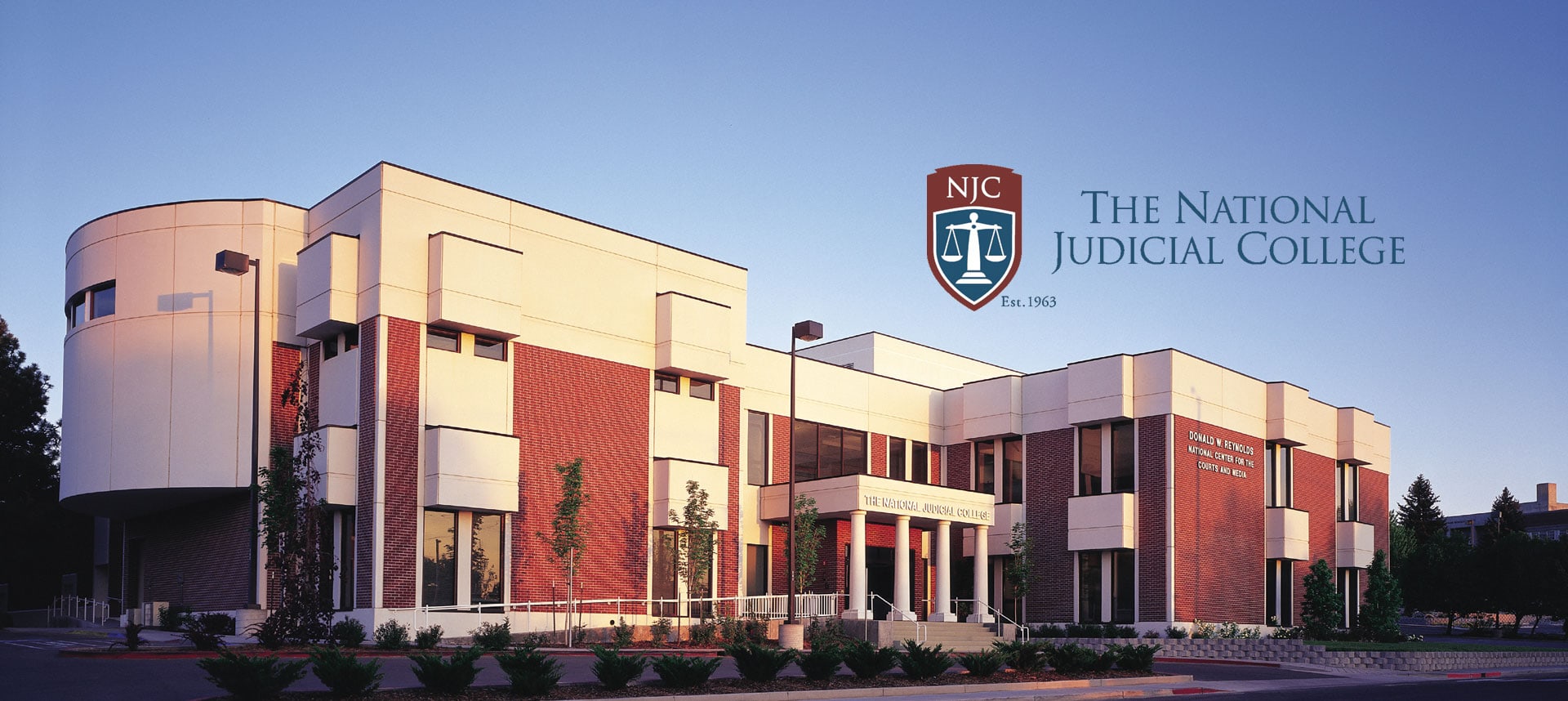
By Lizette Ramirez
The March Question of the Month asked judges how confident they were in their knowledge of hate-crime laws in their jurisdiction.
Of the 212 judges who responded, only about 1 in 4 said they felt very confident. Nearly 1 in 3 said they weren’t confident at all. The largest group (44 percent) said they were somewhat confident.
There appeared to be a widespread lack of familiarity about the laws. This was not entirely surprising, given that NJC surveys go to all kinds of judges, including those without a criminal docket.
“[H]ate crimes rarely enter into unemployment insurance hearings,” quipped one anonymous judge with that sole area of practice.
But another anonymous commenter, apparently a trial court judge, observed: “I’ve been on the bench for 13+ years and have never even heard of such a charge in our nine-judge county.”
More than one judge pointed out that it is up to the prosecutor, not the judge, to charge someone with a hate crime. The comments suggested that judges are sometimes surprised when an incident is not charged as a hate crime.
“Many of my cases appear to be hate crimes but are not charged that way,” one judge wrote.
Another described an irony about some hate-crime laws.
“Someone could have broken bones, which could be either an assault 1 or 2, which is a felony,” the judge explained, “but charging as simply a hate crime might be a misdemeanor or a lower-level felony.”
The judge said that people who are upset when an incident is not charged as a hate crime need to understand that the charges actually filed could lead to a more severe punishment.
“Some jurisdictions have hate-crime enhancements, which is better,” wrote the judge.
* Each month the College emails an informal, non-scientific one-question survey to its more than 12,000 judicial alumni in the United States and abroad. The results, summarized in the NJC’s Judicial Edge Today, are not intended to be characterized as conclusive research findings.

The Hon. Mary-Margaret Anderson (Ret.), a retired administrative law judge with the California Office of Ad...

Happy October, Gaveliers faithful. Are you loving this or what? No one believed a team made up of judges...


Hon. Diane J. Humetewa, the first Native American woman and the first enrolled tribal member to serve as a ...

Retired Massachusetts Chief Justice Margaret H. Marshall has been selected as the 2024 winner of the presti...